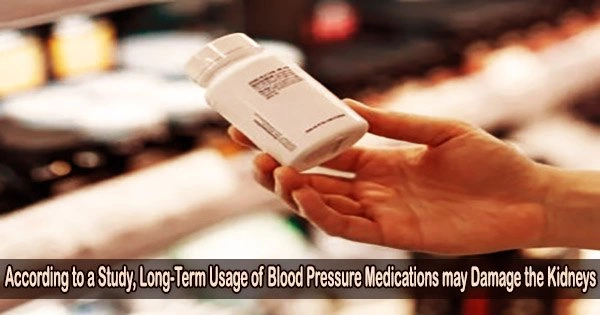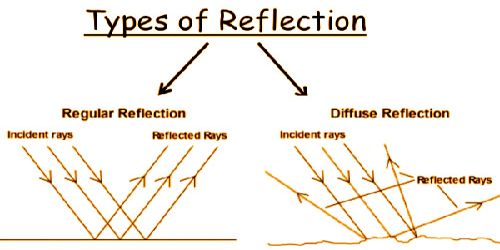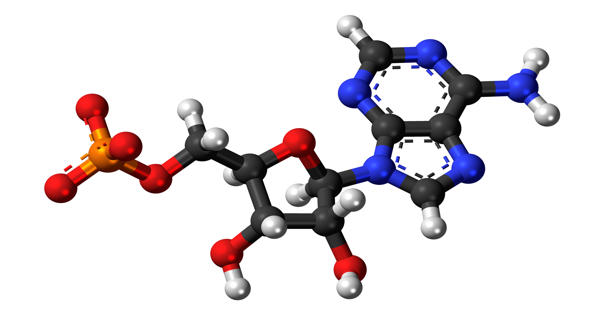Blood pressure refers to the force exerted by circulating blood on the walls of blood vessels. It is an important indicator of cardiovascular health and is typically measured in millimeters of mercury (mmHg). It’s important to note that blood pressure can fluctuate throughout the day due to various factors such as physical activity, stress, medications, and overall health.
Concerns are being raised over new kidney research from the University of Virginia School of Medicine, which suggests that chronic usage of medications frequently prescribed to treat heart failure and high blood pressure may be causing kidney damage.
“Patients should continue taking the medications, which include the well-known and widely used ACE inhibitors,” the researchers say. But the scientists are urging studies to better understand the drugs’ long-term effects.
“Our studies show that renin-producing cells are responsible for the damage. We are now focusing on understanding how these cells, which are so important to defend us from drops in blood pressure and maintain our well-being, undergo such transformation and induce kidney damage,” said Maria Luisa Sequeira Lopez MD, of UVA’s Department of Pediatrics and Child Health Research Center. “What is needed is to identify what substances these cells make that lead to uncontrolled vessel growth.”
It would be important to conduct prospective, randomized controlled studies to determine the extent of functional and tissue damage in patients taking medications for blood pressure control. It is imperative to find out what molecules these cells make so that we can counteract them to prevent the damage while the hypertension is treated with the current drugs available today.
Ariel Gomez
The Causes of Kidney Damage
Chronic high blood pressure affects a billion people around the world. The UVA researchers sought to learn more about why kidney organ damage from severe types of the illness is frequently accompanied with thickening of the arteries and small blood veins in the kidney.
They found that specialized kidney cells called renin cells play an important role. Normally, these cells create renin, a crucial hormone that aids the body in controlling blood pressure. However, unfavorable renin cell alterations can lead to the cells’ invasion of the blood vessel walls of the kidney.
The smooth muscle cells that are produced as a result of the accumulation of renin cells induce the vasculature to thicken and stiffen. The result: Blood can’t flow through the kidney as it should.
The researchers also discovered that long-term usage of medications like ACE inhibitors or angiotensin receptor blockers, which inhibit the renin-angiotensin system, had a similar result. These medications are commonly used to treat heart attacks, congestive heart failure, excessive blood pressure, and other conditions as well as to avoid serious cardiac issues.
But the researchers discovered that chronic drug use was linked to hardened renal arteries in both lab mice and people.
The researchers emphasize the significance of continuing to take the medications since they point out that they can be lifesaving for patients. However, they claim that further research is required to fully comprehend how the medications affect the kidneys over the long run.
“It would be important to conduct prospective, randomized controlled studies to determine the extent of functional and tissue damage in patients taking medications for blood pressure control,” said Ariel Gomez, MD, of UVA’s Department of Pediatrics and Child Health Research Center. “It is imperative to find out what molecules these cells make so that we can counteract them to prevent the damage while the hypertension is treated with the current drugs available today.”
















